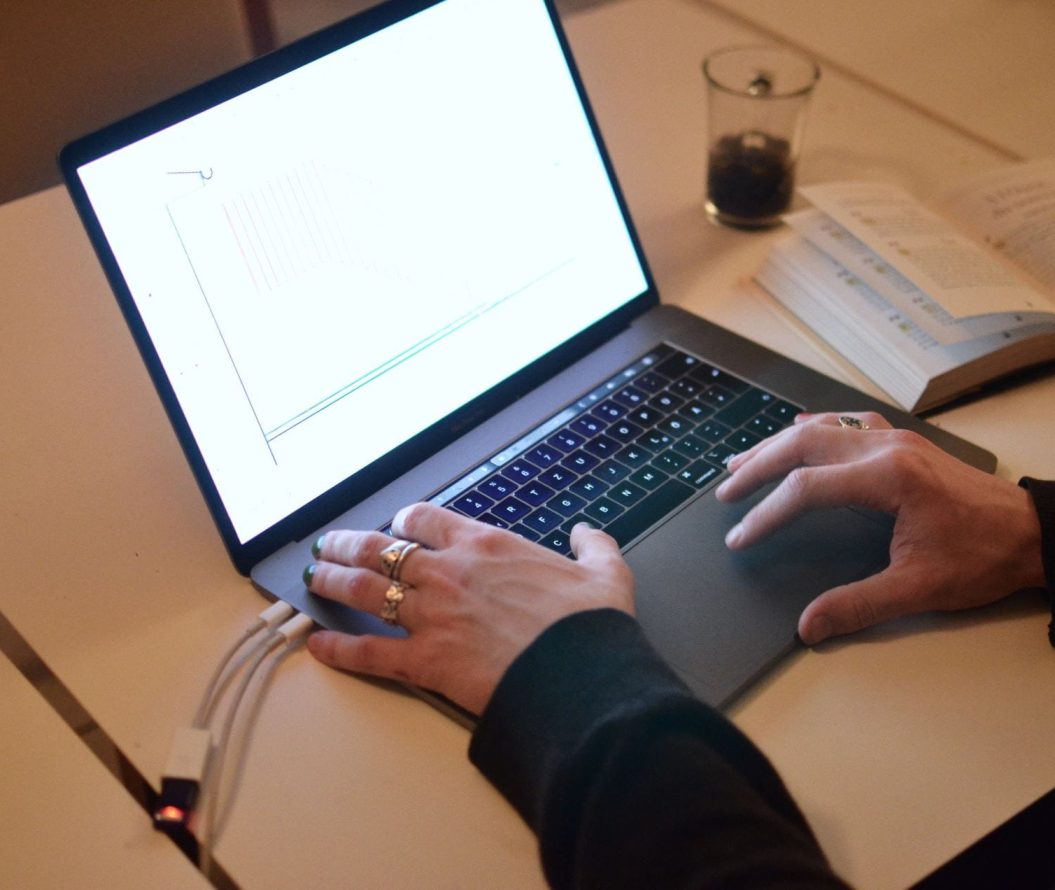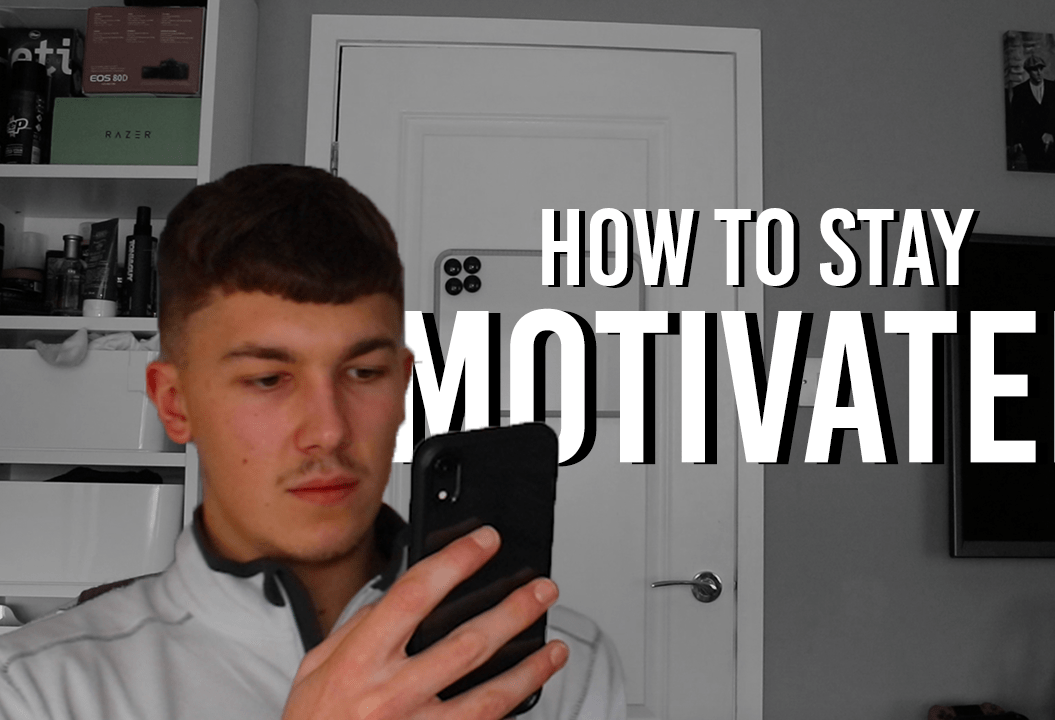Hi, I'm currently in third year studying MChem Chemistry for Drug Discovery and Development. I am passionate about science , LGBTQ+ rights and swimming too.
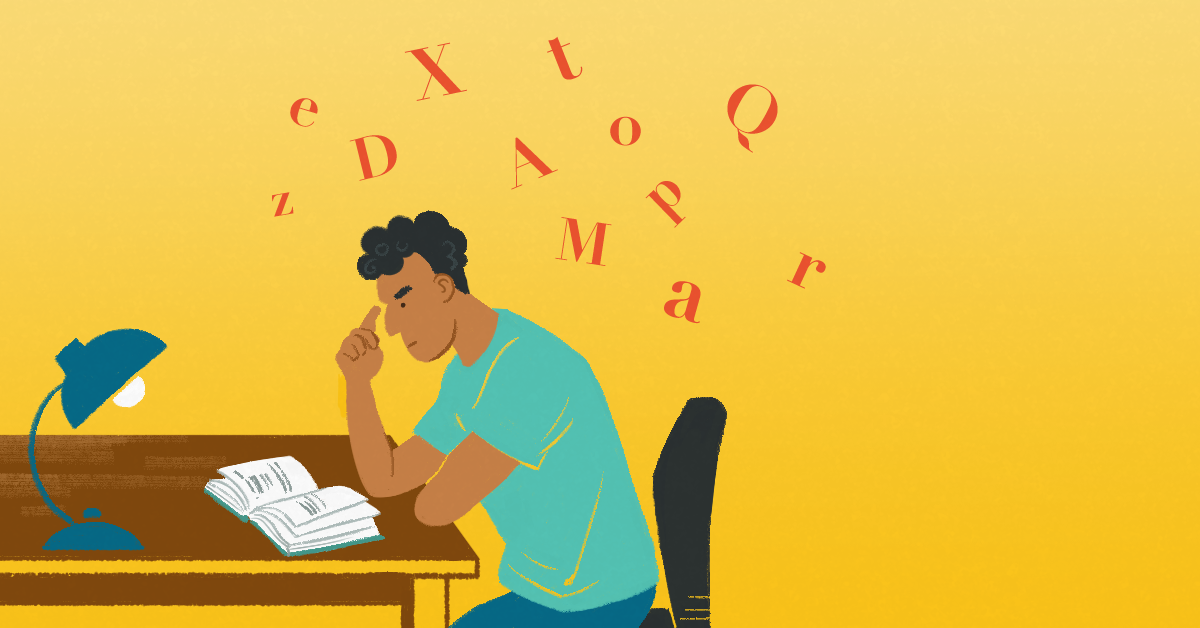
Do you think that you might have dyslexia and are unsure about the support that the university offers and how you can access it? If so then this is the post for you as I will go through each step in the process to hopefully ease any worries you may have about getting support.
My experience:
During high school and sixth form I found that I struggled with exams and that these were constantly the assessments in which I would achieve less than I thought I was capable of. I brushed this off as me just being bad at exams and never really considered if there was anything behind it.
When I started university I found this continued but also when talking with my friends I realised that my written work was taking a lot longer for me to achieve than my peers. Again, I didn’t think much of this until a few months ago when during my 2nd year exams I realised (yet again) that I ran out of time and hadn’t been able to complete my paper.
Reflecting on this I realised I hadn’t been able to finish a single exam since starting university so I went to wellbeing and started the process that I will talk about below. I ended up getting a diagnosis of dyslexia and I really valued getting a detailed report which explained elements of dyslexia I experience and which I don’t.
The Process
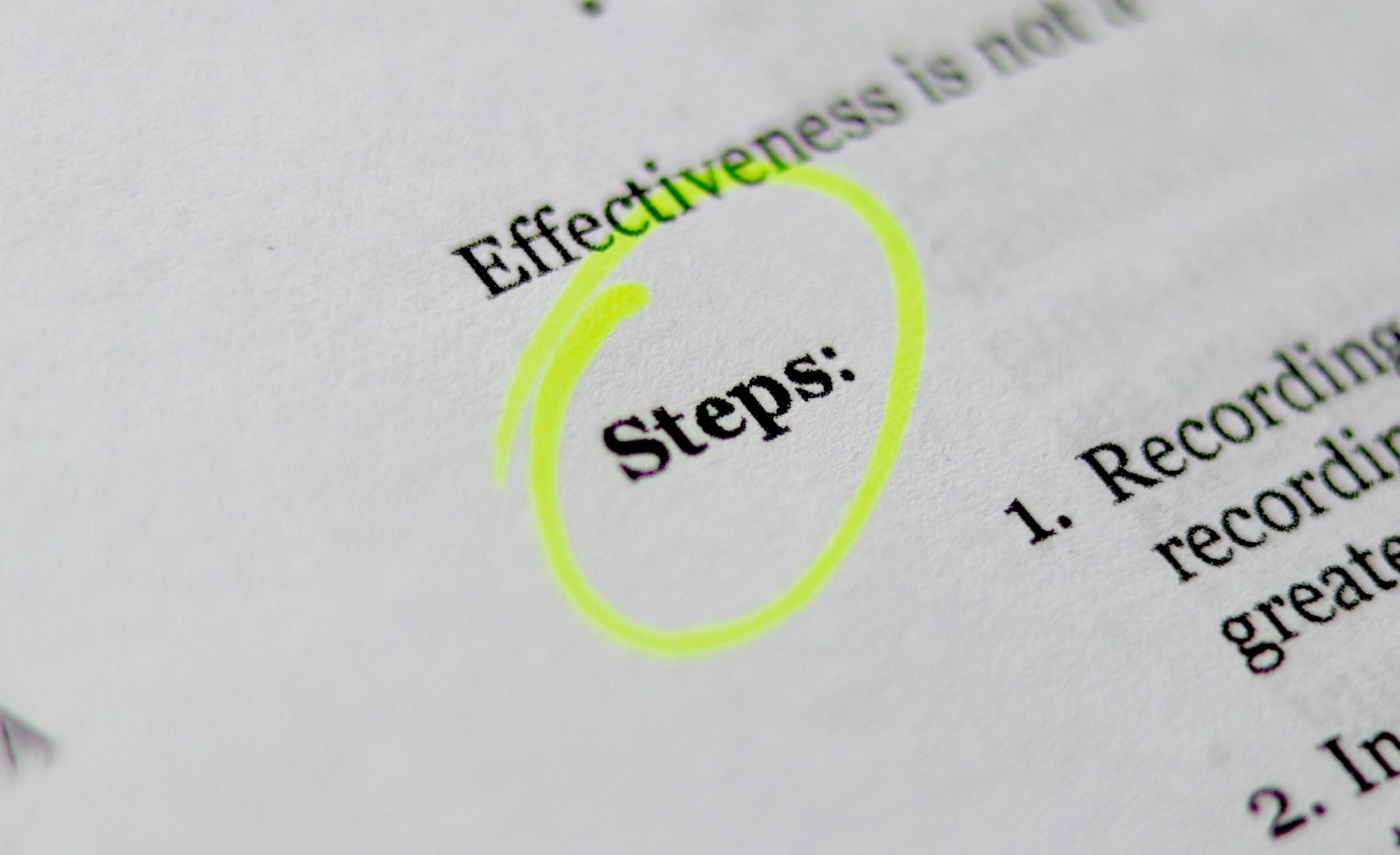
I found the process of getting a dyslexia diagnosis very quick and easy but depending on the time of year that you enquire this make take a little longer. I will outline the process below and then go into more detail on each part of the process.
- Reach out to wellbeing
- Assessments with educational psychologist
- Meeting with wellbeing to discuss support
- DSA application
- DSA meeting to discuss funding
- Accessing support
Reaching out to wellbeing

To start the process of getting a formal diagnosis of dyslexia through the university you should notify wellbeing that you think you might have dyslexia. You can do this by emailing them (studentwellbeing@lincoln.ac.uk), phoning them (01522 886400) or going to the wellbeing centre on campus.
They will get back to you and arrange a “screening” meeting where you will be asked a few questions including some about your writing ability, reading ability and study techniques. During this meeting you will be scored on various different factors and depending on your overall score you may or may not be referred forward for an appointment with an education psychologist.
Assessment with educational psychologist

The next step is your appointment with an education phycologist. My appointment was about 3 weeks after my screening at the wellbeing centre but this time will vary. During the meeting that lasts roughly 2-3 hours you will be asked to do lots of small tasks that allow a lot of different areas to be assessed.
A few working days after this session you will then be sent the full report from the assessment which will identify any learning differences that arose including dyslexia. There is absolutely no need to do any preparation for this or be worried at all, my assessor was lovely and was very understanding during all aspects of the assessments.
Meeting with wellbeing to discuss support

Following getting your report, a copy is also sent to student wellbeing and they will arrange to have a follow up meeting with you. In this meeting they will explain any diagnoses fully to you and give your detailed information about the support available to you whilst at university. This may include working on a personalised academic study support (PASS) plan to allow you to achieve your full potential whilst at UoL.
DSA application
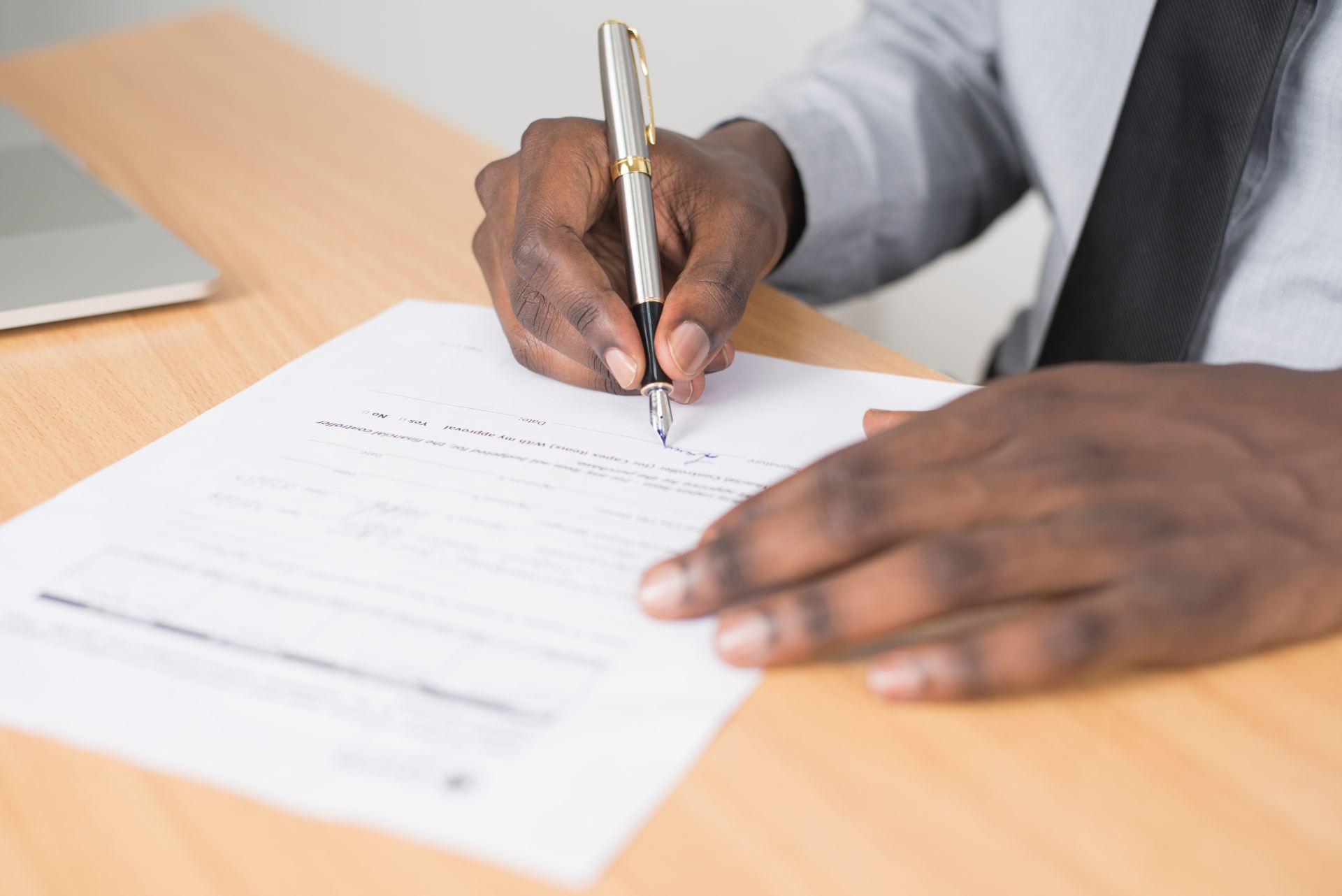
Receiving a diagnosis of dyslexia means that extra support can be paid for through the governments disabled students allowance (DSA). This is typically applied for through your student finance body (e.g student finance England). All the information on how to apply and the benefits of applying will be given to you following your meeting with wellbeing in the previous step. More information about DSA allowance can be found here.
DSA meeting to discuss funding

Once your DSA application has been approved you will be set an email with a link to book a meeting with an external company to discuss what the funding could be used for to allow you to be best supported. Before this meeting you will need to send them your report from the educational psychologist and fill out a form regarding the specifications of your laptop/pc.
Accessing support

After this it is up to you to make the most of your PASS plan and any additional support given through the DSA. We are extremely lucky to have this high level of completely free support that many people across the country and around the world don’t have access to so do make the most of it!
Although this may sound like a lot of steps I found that the process was a lot easier than I thought it would be and I look forward to starting the new academic year with a more positive mindset around assessments as I know I now have the support in place to help me achieve my potential despite my learning difference.
Thank you for taking the time to read this post, I hope it has made you fell more confident in approaching this process.- For another perspective on this process be sure to check out Student Life creator Zoe’s video here.


